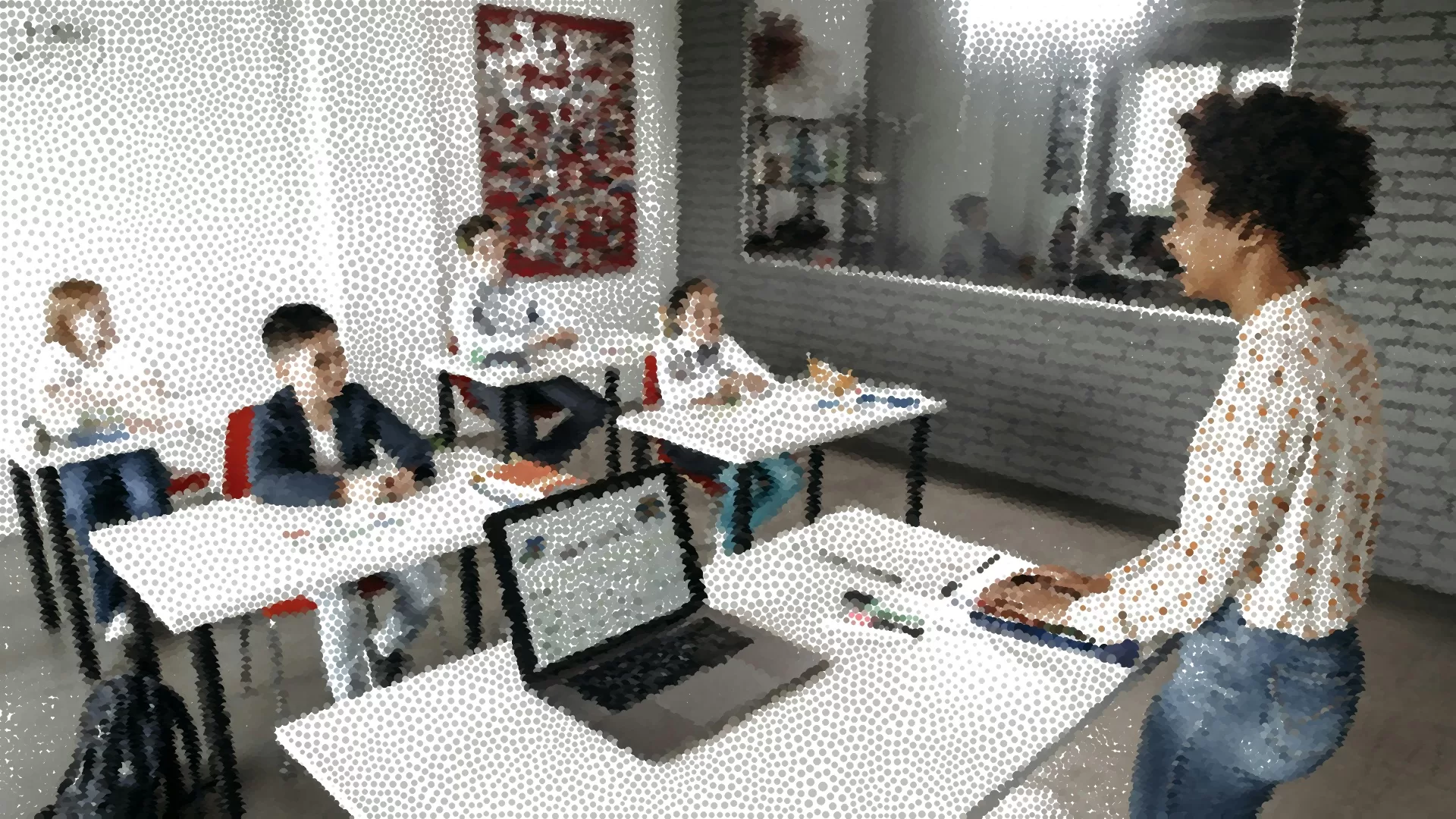Teachers have long aspired to autonomy as the hallmark of professional respect. Give us teachers autonomy, the argument goes, and we will flourish: freed from prescription, released from bureaucracy, and able to dedicate our creativity and expertise to actually teaching.
But like many noble ideals, it comes with drawbacks. I’ve seen how, left on its own, autonomy can turn into isolation. Teachers may feel free, but free in the vacuum of their own classroom, with little guidance on how to translate that freedom into professional development.
But what if autonomy is not the destination, but only the starting point?
From “freedom from” to “freedom to”
The philosopher Isaiah Berlin distinguished between two kinds of liberty: negative liberty (freedom from external interference), and positive liberty (freedom to act in pursuit of chosen goals). It is a distinction that is very relevant to our own professional discourse.
Autonomy, as it is often understood in schools, corresponds to Berlin’s “freedom from”: absence of prescription, relief from oversight.
In contrast, agency is closer to “freedom to”: not merely being unshackled, but being empowered to act with confidence, intention, and purpose.
Self-Determination Theory (SDT), developed by Edward Deci and Richard Ryan, reinforces this point. Autonomy is indeed a fundamental human need, but it is not sufficient on its own. It must be accompanied by competence (the capacity to act effectively) and relatedness (the sense of support and connection) if it is to lead to genuine motivation.
Albert Bandura’s account of human agency takes us further. For Bandura, agency is the capacity to exercise intentional control, that is to say: to act with forethought, self-reflection, and purpose. Gert Biesta sharpens this in educational terms: agency is an enactment, realised in specific contexts of culture, policy, and practice.
A reframed equation
Taken together, these insights suggest that agency is best understood not as simple autonomy, but as the interplay of several conditions. A possible formulation could be:
Agency = Autonomy + Competence + Purpose

- Autonomy provides the freedom to choose.
- Competence supplies the skills and confidence to act.
- Purpose, in context, directs those actions toward shared goals and meaningful outcomes, ensuring that agency is not abstract but grounded in the realities of the school environment.
This reframing builds on SDT while drawing on Bandura’s intentionality and Biesta’s contextual view of agency. It is, in that sense, a humble new interpretation: moving beyond motivation alone to articulate what genuine professional agency requires in educational leadership.
Implications for leadership
If agency is the combination of autonomy, competence, and purpose in context, then the task of school leadership becomes clearer:
- Autonomy alone is neither sufficient nor desirable.
- Developing competence is essential.
- Articulating and sustaining a shared purpose ensures that individual actions align with collective improvement.
Leaders must, therefore, be curators of conditions rather than merely purveyors of freedoms/constraints (delete as applicable). Agency does not flourish in laissez-faire cultures, nor under rigid prescription. But it does emerge when autonomy is nurtured, competence is cultivated, and purpose is made coherent.
Coaching as the bridge
This is where coaching and mentoring play their decisive role. As Haili Hughes argues, effective support is not about cloning practice or closing down autonomy, but about creating the reflective space in which teachers grow in confidence, competence, and clarity. Instructional coaching, similarly, takes the freedom of autonomy and anchors it in purposeful action through feedback, dialogue, and structured experimentation.
Coaching becomes, in effect, the bridge between “freedom from” and “freedom to.” It transforms autonomy into agency by ensuring that freedom is coupled with competence and directed toward shared purpose. Without coaching, autonomy risks evolving into isolation. With coaching, autonomy matures into agency: the teacher is not only free to act, but supported to act with impact.
The missing piece
In my mind, then, the distinction between autonomy and agency is not semantic but practical. Autonomy alone can produce fragmentation, whereas agency unites capacity with purpose.
The challenge for teachers is to move beyond celebrating autonomy as an end in itself and to see it instead as the soil from which agency grows. The missing piece in school leadership is not autonomy for its own sake, but the deliberate cultivation of agency.
References
Berlin, I. (1969/2002). Two Concepts of Liberty. In Liberty (pp. 166–217). Oxford University Press.
Deci, E. L., & Ryan, R. M. (2000). Psychological Inquiry, 11(4), 227–268.
Ryan, R. M., & Deci, E. L. (2017). Self-Determination Theory. Guilford Press.
Bandura, A. (2001). Annual Review of Psychology, 52, 1–26.
Biesta, G., Priestley, M., & Robinson, S. (2015). Teachers and Teaching, 21(6), 624–640.
Hughes, H. (2021). Mentoring in Schools. Critical Publishing.
“People are more motivated, perform better, and are happier when they act from interest and personal value rather than from external pressures.”
— Edward Deci and Richard Ryan
Photo by Max Fischer





One Comment